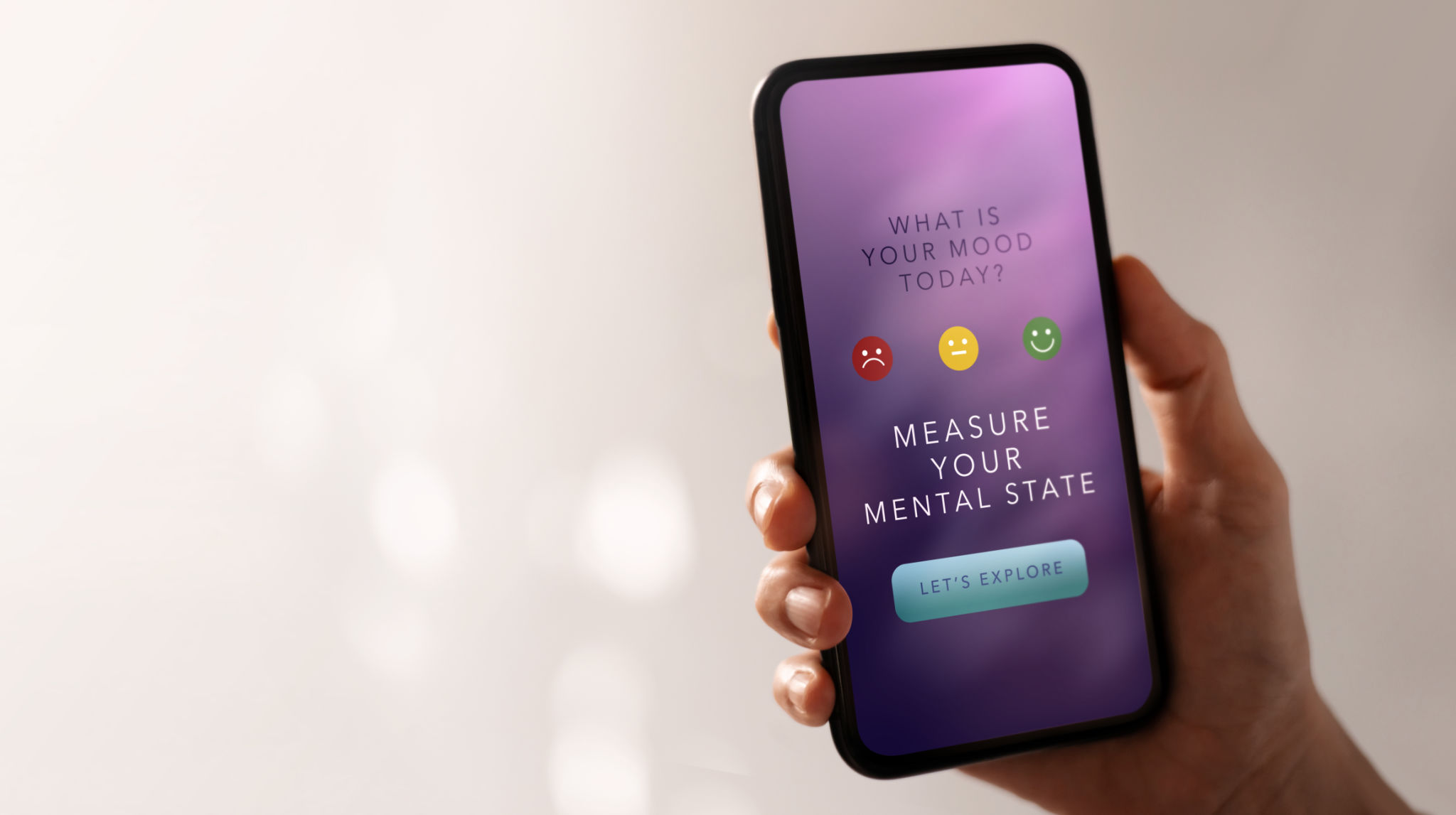The Future of Brain Health: Trends and Innovations to Watch
In recent years, the field of brain health has gained significant attention as researchers and innovators strive to understand and improve cognitive function. As our understanding of the brain deepens, several exciting trends and innovations are emerging, promising to revolutionize how we approach brain health.
Advancements in Brain Imaging
One of the most groundbreaking developments in brain health is the advancement of brain imaging technology. Modern imaging techniques, such as functional MRI (fMRI) and PET scans, allow scientists to observe brain activity in real-time. These tools are crucial for diagnosing neurological disorders and tailoring personalized treatment plans.
Additionally, the integration of artificial intelligence with brain imaging is paving the way for even more precise and efficient diagnostics. AI algorithms can analyze vast amounts of imaging data, identifying patterns that may be too subtle for human observation.

Wearable Technology for Cognitive Monitoring
Wearable technology is not just for tracking physical health anymore; it’s becoming a powerful tool for monitoring cognitive function. Devices such as smart headbands and EEG monitors provide real-time data on brain activity, enabling users to track changes in their cognitive health over time.
These wearables are particularly beneficial for individuals with neurodegenerative conditions, as they can detect early signs of cognitive decline and prompt timely interventions. Furthermore, the data collected can contribute to large-scale studies, enhancing our understanding of brain health.

Nutraceuticals and Brain-Boosting Supplements
The nutraceutical industry is booming, with a growing market for brain-boosting supplements. These supplements, often derived from natural sources, aim to enhance cognitive function and protect against age-related decline. Ingredients like omega-3 fatty acids, curcumin, and ginkgo biloba are popular choices.
While many users report positive effects, it's essential to approach these supplements with caution. Research is ongoing to substantiate their efficacy and safety, and consumers should consult healthcare professionals before starting any new regimen.
Brain-Computer Interfaces (BCIs)
Brain-Computer Interfaces (BCIs) represent a futuristic leap in brain health technology. These devices create a direct communication pathway between the brain and external devices, offering potential applications in both medical and non-medical fields.
In a medical context, BCIs can assist individuals with paralysis by translating brain signals into commands for prosthetic limbs or communication devices. In entertainment and gaming, BCIs are being explored to provide immersive experiences by responding to users' brainwaves.

Mindfulness and Mental Health Apps
As mental health awareness grows, so does the popularity of mindfulness and meditation apps. These apps offer accessible ways to practice mindfulness, which studies have shown can improve concentration, reduce stress, and enhance overall brain health.
Many apps now incorporate features such as guided meditations, mood tracking, and personalized feedback, making them valuable tools for anyone looking to improve their mental well-being.

The Role of Genetics in Brain Health
Genetics play a significant role in determining an individual's susceptibility to certain neurological conditions. Advances in genetic research are uncovering the complex interactions between genes and brain health, offering potential pathways for personalized medicine.
Genetic testing can identify predispositions to conditions like Alzheimer's, allowing for early interventions and lifestyle modifications to mitigate risk.
The future of brain health is bright, with innovations that promise to enhance our cognitive capabilities and improve quality of life. As research progresses, we can anticipate even more breakthroughs that will transform our understanding and care of the human brain.